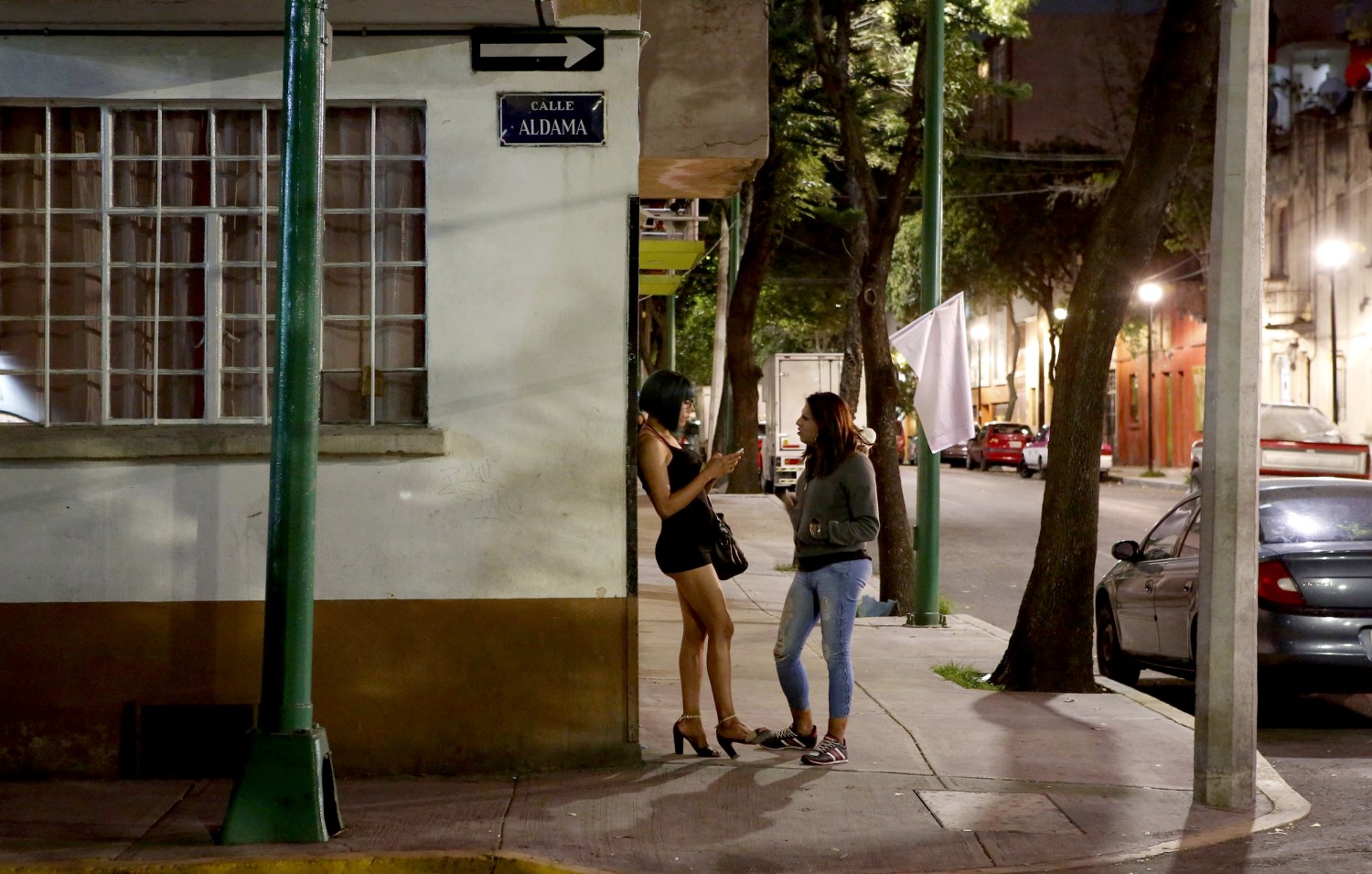
WEIGHT: 52 kg
Bust: E
One HOUR:150$
Overnight: +40$
Services: Blow ride, Pole Dancing, Gangbang / Orgy, Parties, Sauna / Bath Houses
The Anthropology Department in partnership with the Community Engagement team are excited to share contemporary stories and NHM collections items spotlighting the Mapuche, Muxe, Fa'afafine and Fa'afatama.
Follow along for two additional stories linked below highlighting these vibrant and diverse third gender communities from all around the world. In fact, numerous Indigenous communities around the world do not conflate gender and sex; rather, they recognize a third or more genders within their societies.

Individuals that identify as a third gender many times have visible and socially recognizable positions within their societies and sometimes are thought to have unique or supernatural power that they can access because of their gender identity. However, as European influence and westernized ideologies began to spread and were, in many cases, forced upon Indigenous societies, third genders diminished, along with so many other Indigenous cultural traditions.
Nevertheless, the cultural belief and acceptance of genders beyond a binary system still exist in traditional societies around the world. In many cases, these third gender individuals represent continuing cultural traditions and maintain aspects of cultural identity within their communities.

Within a Western and Christian ideological framework, individuals who identify as a third gender are often thought of as part of the LGBTQ community. This classification actually distorts the concept of a third gender and reflects a culture that historically recognizes only two genders based on sex assigned at birth - male or female — and anyone acting outside of the cultural norms for their sex may be classified as homosexual, gender queer, or transgender, among other classifications.































